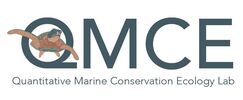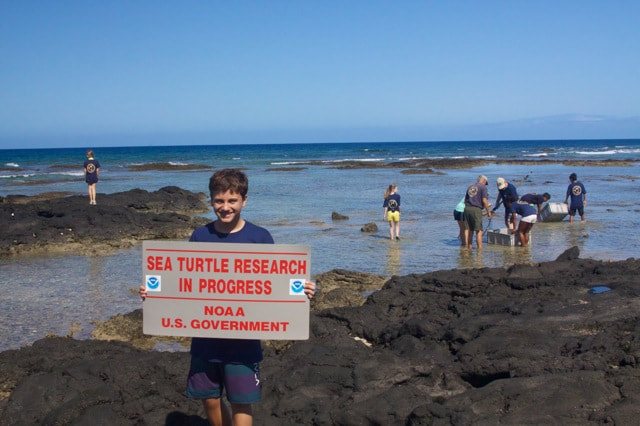I am accepting qualified master's students to start Fall of 2020. Prospective master's degree students interested in studying quantitative marine conservation ecology and modelling should contact me directly. Any creative students who are interested in researching how marine species and ecosystems recover from degradation and are resilient to human impacts are encouraged to apply. Since most of our work deals with the development and use of population models, experience (or at least an interest) in statistics and programming is an asset.
Upcoming research projects include modelling sea turtle population dynamics and monitoring to improve the accuracy of population assessments, extending an agent-based model of sea turtles to be spatially explicit (and could be applied to test questions about sea turtle ecology and climate change), and using stereo-video cameras to monitor sea turtles and natural and artificial marine habitats, and improving the design of satellite tags for sea turtles.
Let me know your research interests, with a summary of your academic record (including GPA ), and include a copy of your curriculum vitae and any relevant publications or writing sample. Also, visit the UWF Biology Department's Graduate Program web page for admission requirements and application procedures. N.B. UWF Biology has updated their application requirements and no longer requires GRE scores.
Diversity in the Lab
Just as ecosystems are strengthened by biodiversity, biology is strengthened by diversity in its practitioners. I welcome potential students regardless of race, religion, gender identification, sexual orientation, age, or disability status. Creative thinkers who are respectful and open to others are welcome here.
Please contact me at [email protected]
Upcoming research projects include modelling sea turtle population dynamics and monitoring to improve the accuracy of population assessments, extending an agent-based model of sea turtles to be spatially explicit (and could be applied to test questions about sea turtle ecology and climate change), and using stereo-video cameras to monitor sea turtles and natural and artificial marine habitats, and improving the design of satellite tags for sea turtles.
Let me know your research interests, with a summary of your academic record (including GPA ), and include a copy of your curriculum vitae and any relevant publications or writing sample. Also, visit the UWF Biology Department's Graduate Program web page for admission requirements and application procedures. N.B. UWF Biology has updated their application requirements and no longer requires GRE scores.
Diversity in the Lab
Just as ecosystems are strengthened by biodiversity, biology is strengthened by diversity in its practitioners. I welcome potential students regardless of race, religion, gender identification, sexual orientation, age, or disability status. Creative thinkers who are respectful and open to others are welcome here.
Please contact me at [email protected]


